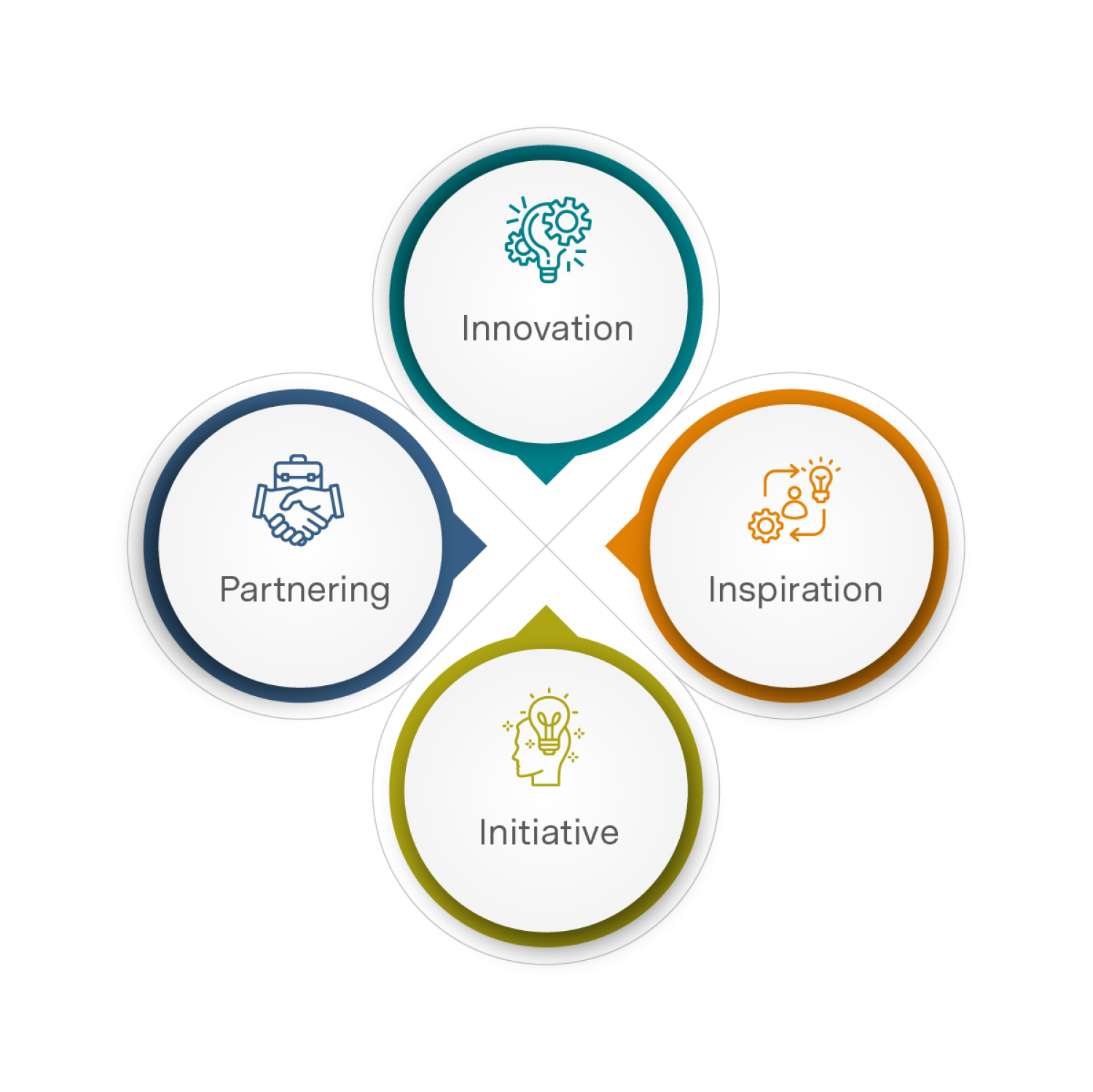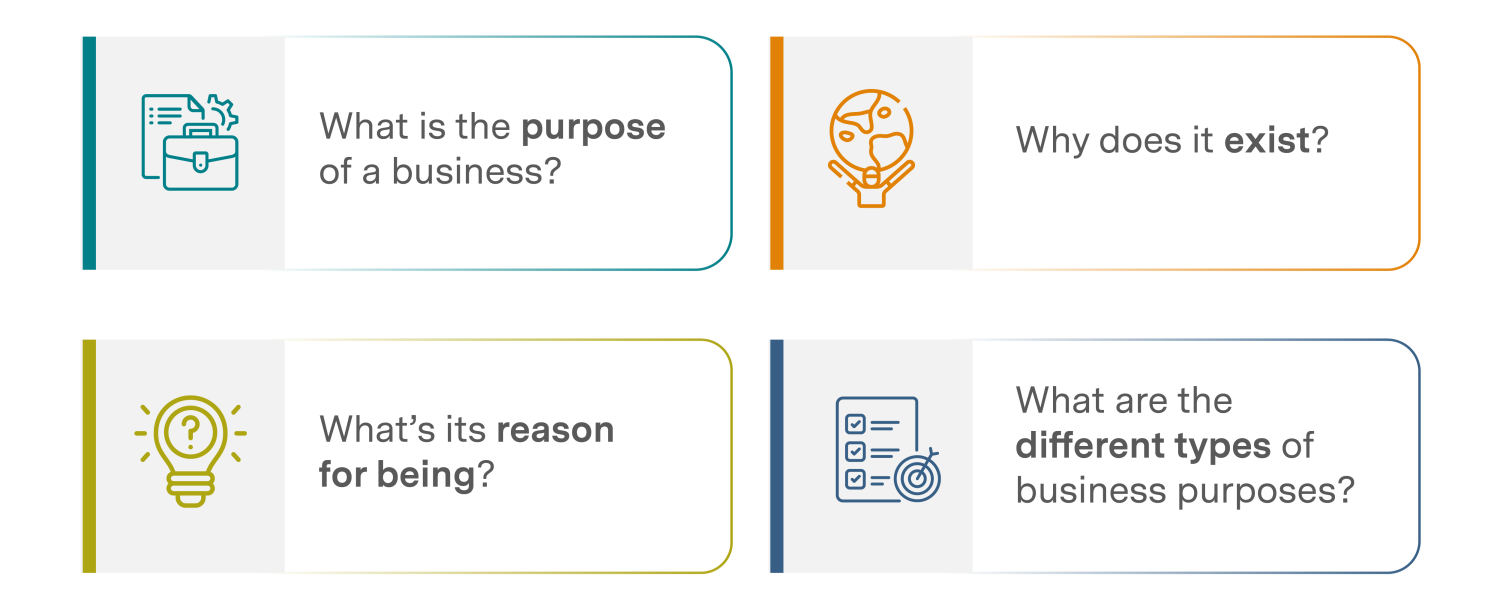Traditionally, most businesses have pursued profit at any cost, with business schools teaching that profit and increasing shareholder value are the ultimate markers of success for their future executives. But what if we could challenge this notion and argue that businesses should generate profit by solving problems, not creating them? Imagine if all company strategies and operations were designed to support this principle.
In this edition of Stewardship Conversations, I had the privilege of speaking with Emeritus Professor Colin Mayer of Saïd Business School, University of Oxford. When I read his latest book, "Capitalism and Crises: How to Fix Them," I was eager to bring his perspective to this series. I was deeply inspired to hear about his collective vision for the role of businesses and how ESG can actually be an enabler, not a barrier, for achieving meaningful progress across companies.
Professor Mayer passionately believes that businesses are here not just to look after their own interests, but to look after others as well. His insights provide a thought-provoking challenge to the traditional profit-at-any-cost mindset, advocating for a more responsible and sustainable approach to business.
What sparked your interest in sustainability?
My interest in sustainability really arose from the financial crisis, not just in terms of the effect that it was having on financial markets, but also on the business school, as I was then Dean of the Said Business School at Oxford University. I realized that there was something fundamentally wrong about what we were teaching in business schools.
And that the notion of what a business was there to do was at variance with what we as individuals, customers, investors needed from business. And that's what really sparked my interest in the whole of the purpose agenda, responsibility and sustainability.
How do you define your purpose?
My purpose reflects my views about what it is to be human, what it is that we as individuals can regard as our purpose for our existence. And that very closely relates to my views about purpose of business. My belief is that we are here to not just look after ourselves, but to look after others.
You are challenging the dominant economic paradigm, and the leadership culture that sits with that. How does that feel?
There's a great deal in life that one should really be very grateful for and not question and challenge. But I am trying to challenge people's views and ideas around the nature of business and the reason why business exists. The change that is needed does not take a revolution. It doesn't involve fundamentally overturning the way in which the capitalist system works. However, it requires some significant alterations. In particular, the notion that businesses are there to make money, and to create value for those who work in them and invest in them, should recognize that this comes from creating benefits for others, helping others in the sense of you and me, as individuals, communities, societies in the natural world to solve problems, and to do so in a way that is profitable for the businesses. The underlying driver of that profit then is to solve problems, not to create problems for others.
What kind of reactions do you get from business leaders when you talk about ‘just profit’?
Two reactions. The first one is, ‘yes, of course, that's what we do. What else do you think we do?’ And the other is, ‘That's quite impossible. That's unrealistic’. And I get that sort of reaction in equal measure. And then there are some people who actually recognize that that is what they should be doing, but for one reason or another, they're not doing, and they feel frustrated that they can't do it.
There’s a growing group of business leaders who really recognize that there's something wrong when they go home and explain to their children that they live in a lovely house, and they've got an immense amount of wealth. And where does it come from? Well, it comes from extracting fossil fuels that are polluting our environment. It comes from creating products that might inflict harm in the form of addictive types of products, from the foods that people consume to their health detriment. And then their children say to them, ‘but isn't what you're doing creating all of these problems’?
What should be top of mind for board members as they tackle the many and varied challenges facing businesses today?
That really this is not about simply stopping doing things. One of the concerns that people have about the current environmental, social and governance (ESG) agenda is that it appears to be a way of encouraging companies to stop doing things. But in effect, what this agenda is about is exactly the opposite. It's saying that companies should be able to do things in a much freer way and not feel that there's an imposition or onerous regulation and taxation bearing down upon them.
To do that, they need to elevate their ambitions as to what their companies can really do. It is possible to have a purpose of profitably solving problems if one recognizes that innovation, inspiration, initiative and partnering with others are required to solve those major problems.

What I think business leaders need to recognize is that they can capture the high ground. They can compete effectively and internalize the benefits of creating value for others and generating revenue. By demonstrating determination and building partnerships across the private, nonprofit, and public sectors, they can achieve this goal. This approach should guide not only business leaders but also government leaders globally, recognizing that collaboration with and investment in responsible businesses is essential for creating societal and environmental benefits. We’re seeing that largely in North America, with the Inflation Reduction Act and its ambitions to address environmental problems in a way that really has an impact.
How can boards operate where there's systemic challenges? Do they need to be experts?
This is exactly the point about the crucial importance of partnering with others because board members and their companies can't possess all the necessary expertise. They operate within a system where collective knowledge exists. It's about delegating to those within the organization who hold specific expertise and collaborating with external organizations that can provide the missing knowledge.
One example is Novo Nordisk, currently Europe's most valuable company by stock market value. Their goal is to combat global diabetes. However, recognizing their limitations in treating and preventing type 2 diabetes alone, they partnered with hospitals, doctors, universities, governments, and health workers worldwide to understand the disease better and implement lifestyle changes to prevent it.
Should we modify our expectations of who should be on a board?
Yes, very much so. And I think your company's got a very important role to do in recognizing this. Because at the moment, the way we're thinking about it is that diversity is a good thing. And therefore, we need to have a certain proportion of people from ethnic backgrounds, of gender diversity, et cetera, which is a way of thinking about it. But to my mind, it's something that should follow absolutely naturally from what a company is. And this way of thinking about a business as ‘being there to solve problems, not to create problems’, gives rise to the need to have people with different knowledge, different experience, different age groups, different genders, because they bring the knowledge that's required to understand how to solve those problems. If the objective of the company is simply to make money, you get a certain type of person who is good at making money. You don't get diversity. So this changing nature of what a company is there to do, its purpose automatically then implies that diversity is a desirable feature of a board. It doesn't simply have to be imposed in the form of quotas or things like that.
Can you discuss the current state and future direction of teaching and executive education in this context?
I realized that business education as was being taught in business schools around the world, including here in Oxford, was not fit for purpose. A business school course would start off basically by saying, the purpose of a business is to maximize the value of the company for its shareholders. And everything followed from that. And that has been the reason why, as the world's changed, the nature of the leaders that we've been educating has not changed, at least has not changed nearly as much as it should have done.
In fact, a business school course should start off by asking the questions, what is the purpose of a business? Why does it exist? What is its reason for being? What are the different types of purposes that one should observe? This notion of purpose is about generating a profit, but generating a profit from solving, not creating problems for others, and everything - accounting, finance, marketing strategy, et cetera - should follow from that.

What traits or characteristics stand out in the leaders you've encountered who excel at leading within complex systems?
Leaders who excel are those schooled in thinking about their role in society and in the world they inhabit. Some of the great business leaders have gone through quite traumatic experiences in one form or another, in terms of something having failed or something having gone wrong. Once you have that observation, it then leads to the understanding that the role of a business is to create those remarkable developments and solutions, but to do so in a way that is just and fair and beneficial to the environment as well as for people. And those are the people who really lead the successful organizations and will go on doing so in the future.
What inspires you for the future?
We are living in probably the most remarkable age that we could conceive of because we are going through scientific and technological changes that are absolutely transforming the whole of our lives, transforming our minds, our bodies, as well as the environment in which we operate. And that is incredibly exciting. The one great regret I've got is that we're living in an age, almost like at the beginning of the Columbus age, when people knew that there was a world well beyond the world that they inhabited, but that they were not the generation that was going to understand what that world was. We're in exactly the same position. We realize that there is a whole universe out there which the next generations will have the privilege of actually seeing at first hand. We will not. And so we are blind to a vast proportion of the universe that our children's and their children will in fact enjoy the benefits of.
I loved Colin’s book with his combination of elevated ambition and pragmatism. For me, Colin has the sympathetic approach to business, balanced with a desire to drive significant change in the dominant economic paradigms we operate in today. The fact that he talks about profit as a good thing and yet demands that this is achieved with no detriment to others is truly inspiring. Challenging leaders to find ways to innovate their business models and governments to develop their legislation to enable a race to the top versus a race to the bottom recognizes each potential contribution to the system we need to change.








